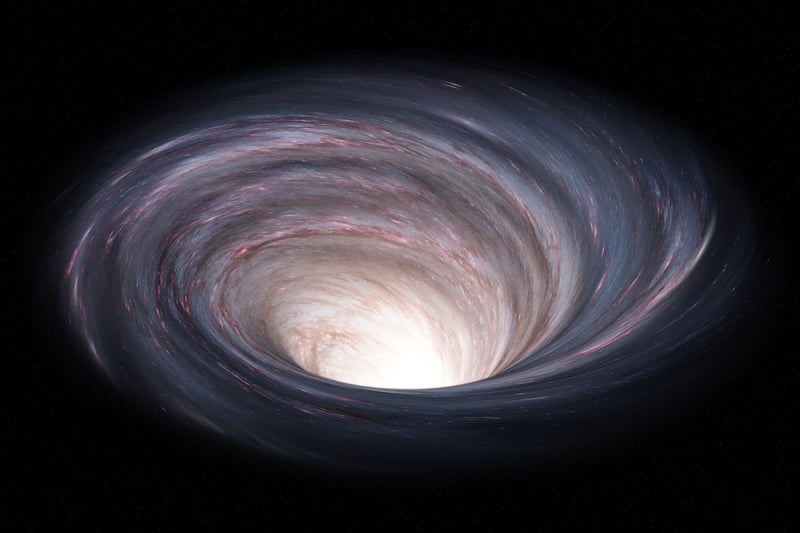Predestination Paradox
Unravel Time Conundrums and the Predestination Paradox
Time travel has always been a fascinating concept in science fiction, often leading to complex paradoxes and mind-bending conundrums. One of the most intriguing ideas related to time travel is the Predestination Paradox, which questions the causality of events and the possibility of altering the past.
What is the Predestination Paradox?
The Predestination Paradox, also known as a causal loop, is a theoretical concept where a time traveler could potentially go back in time and inadvertently cause the event they were trying to prevent, leading to a self-repeating cycle with no clear origin. This paradox raises questions about free will, destiny, and the nature of time itself.
Examples of the Predestination Paradox
One classic example of the Predestination Paradox is the grandfather paradox, where a time traveler goes back in time to prevent their grandfather from meeting their grandmother, thus preventing their own birth. However, by doing so, the time traveler ensures that they were never born to go back in time in the first place, creating a paradoxical loop.
Unraveling Time Conundrums
While the Predestination Paradox presents a compelling thought experiment, it also highlights the inherent complexities and contradictions of time travel. Scientists and philosophers have long debated the feasibility of time travel and its implications on causality and the fabric of reality.
Conclusion
Exploring time conundrums like the Predestination Paradox allows us to delve into the mysteries of time and space, challenging our understanding of the universe and our place within it. While we may never fully unravel the enigma of time travel, the journey of discovery itself is a thrilling adventure into the unknown.

For more mind-bending discussions on time travel and paradoxes, check out Space.com's article on Time Travel.
